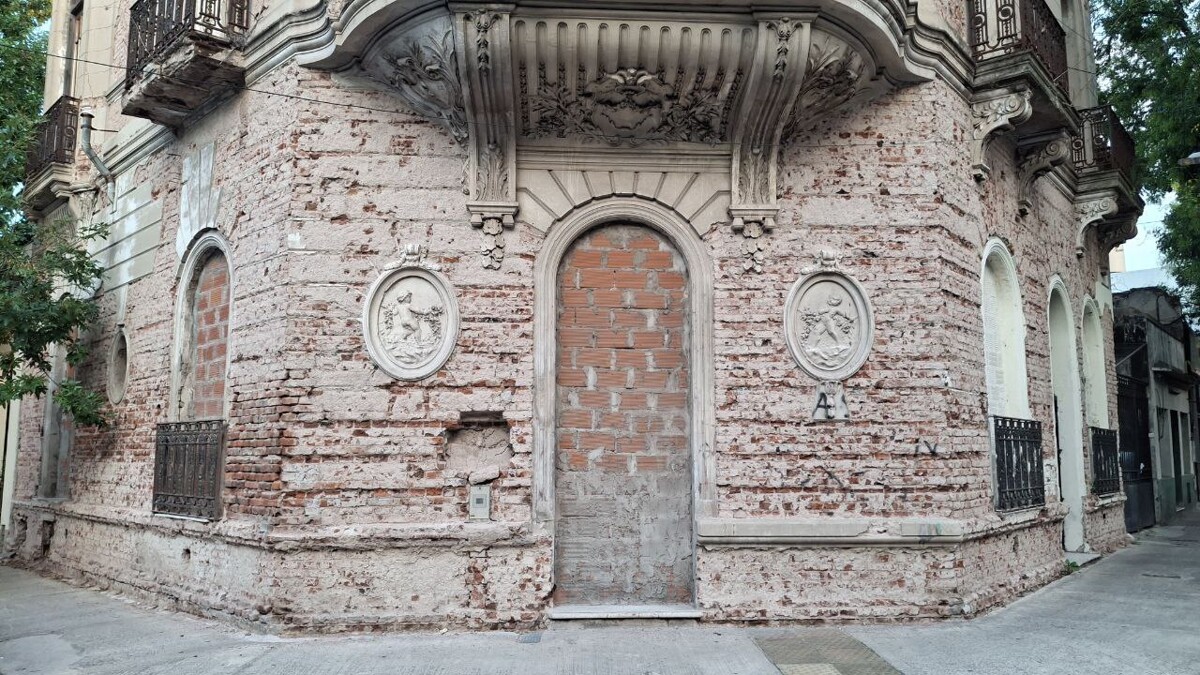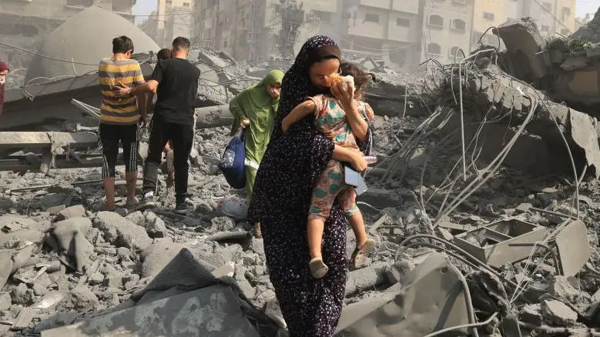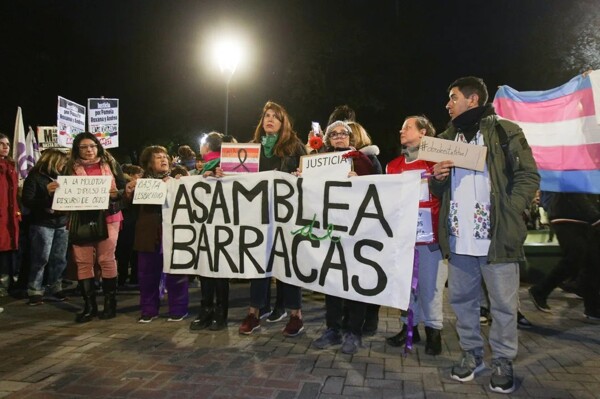
During the month of April, around 10 thousand families in the Autonomous City of Buenos Aires and the first ring of the conurbation did not receive housing subsidies due to payment delays. In this context, there has been a mobilization in front of the offices of Human Development and Habitat, led by Chicho Costantino. These difficulties accentuate housing informality and related problems that are exacerbated by measures such as the repeal of the Rent Law, promoted by the government of Javier Milei.
In an interview, Gigi Krein from the Housing Councils commented that, historically, the City of Buenos Aires has been accustomed to a right-wing government, where services are paid for both those with contracts and for hoteliers. The consequences of right-wing policies, such as the deregulation of the real estate market, are reflected in increased rents, disadvantaging tenants.
The repeal of the Rent Law generated an imbalance between supply and demand in the real estate market, benefiting landlords and harming tenants. This situation has complicated access to decent housing, especially for vulnerable populations such as migrants, homeless individuals, and indigenous communities.
The lack of dialogue with government officials to address these housing issues has led to the need for organization and territorial activism by various social groups. The establishment of housing cooperatives presents an alternative to fight for the right to decent housing, in the face of legal disprotection and real estate speculation.
In the current context, where housing is seen more as a commodity than as an essential right, it has been necessary to resort to mobilizations and assemblies to highlight the difficulties faced by families in precarious housing situations. Despite the obstacles, the struggle to guarantee the right to housing and the protection of the most vulnerable sectors remains a priority for various social organizations.














